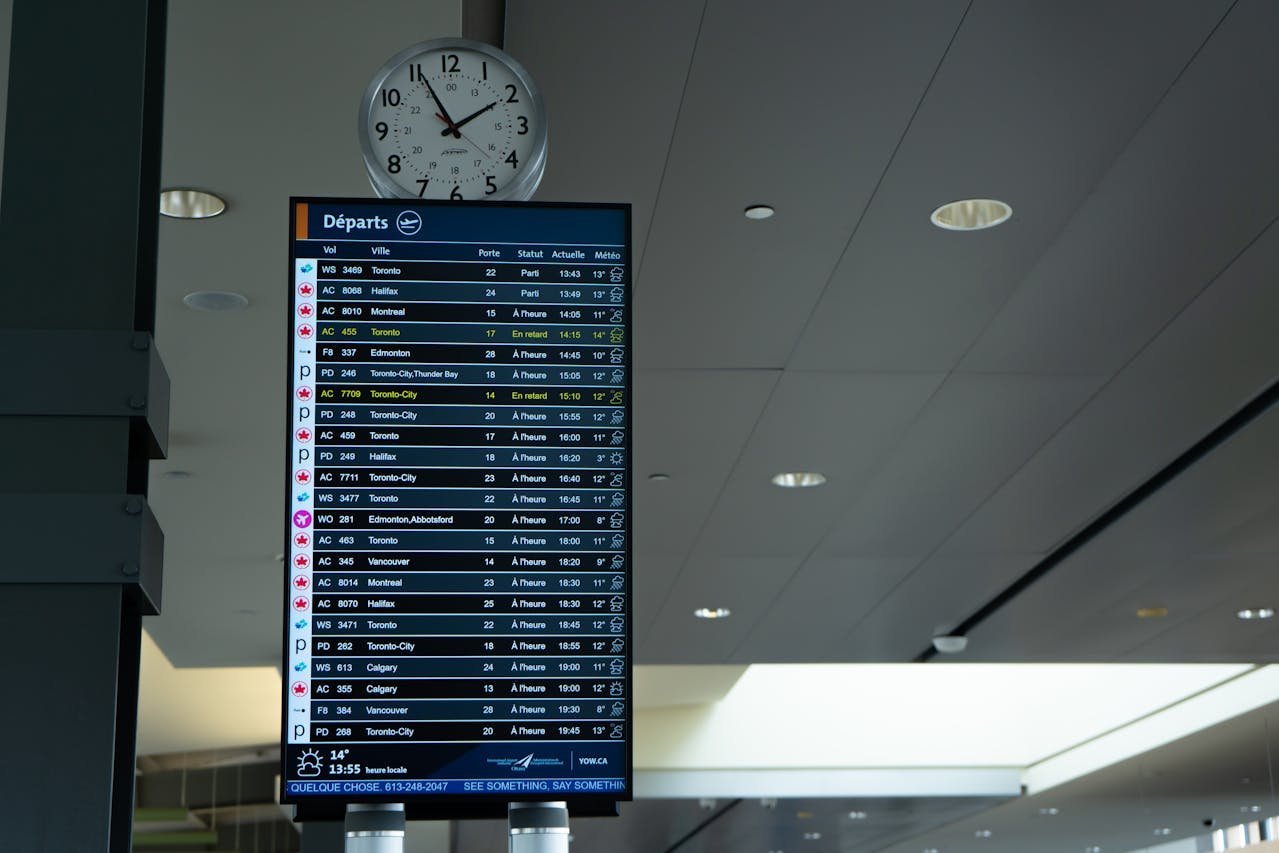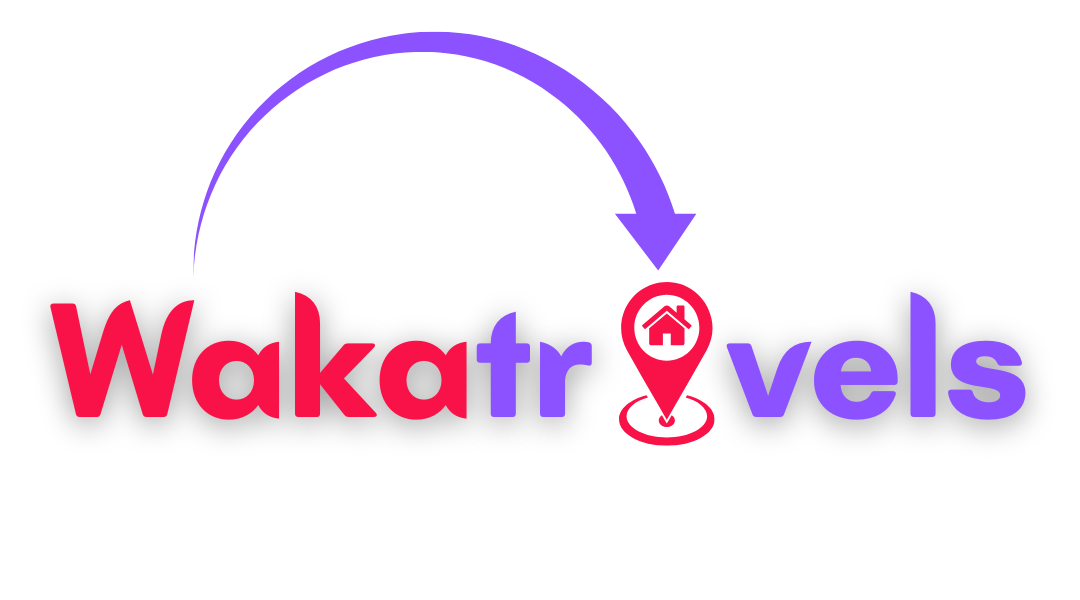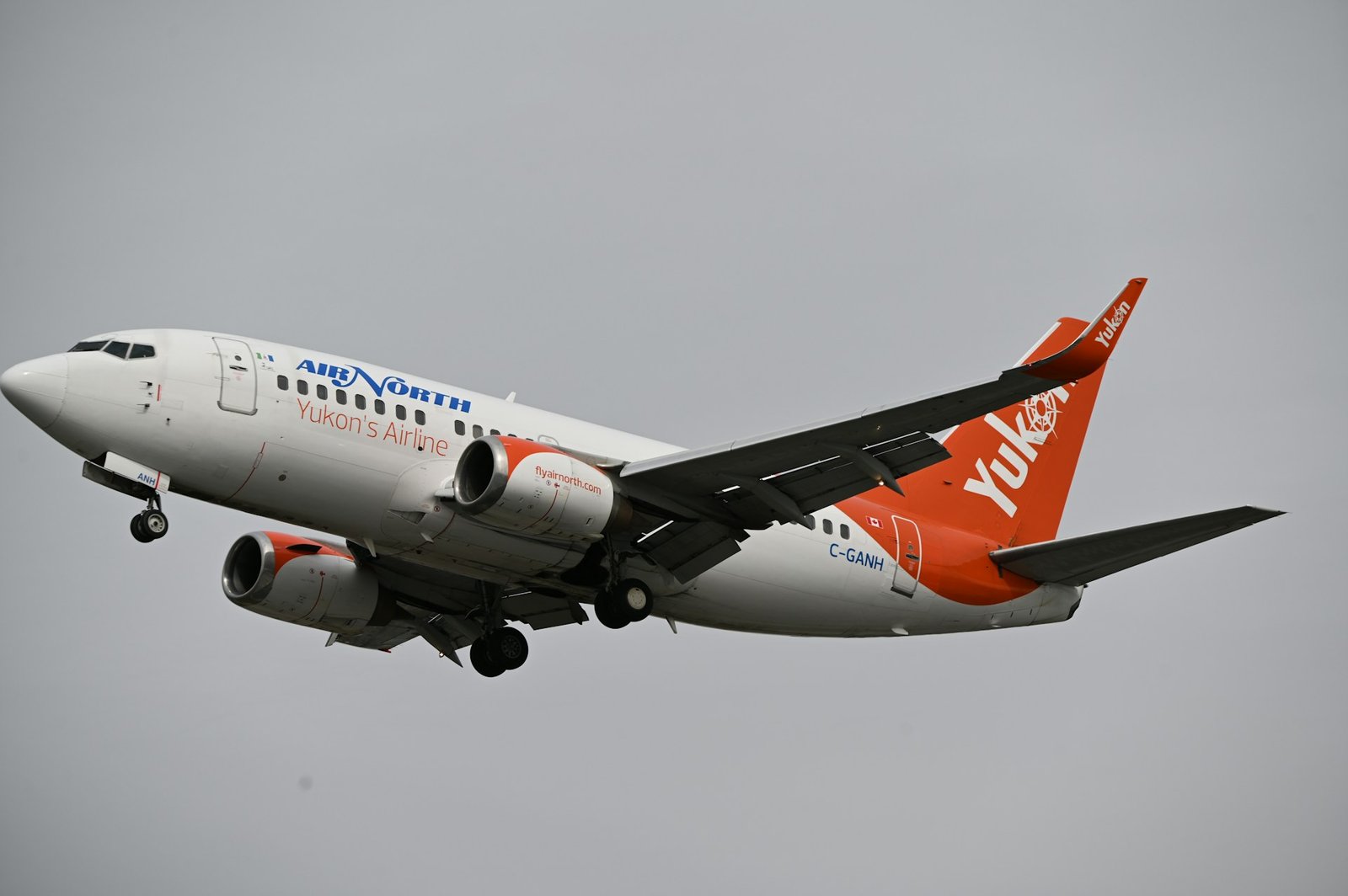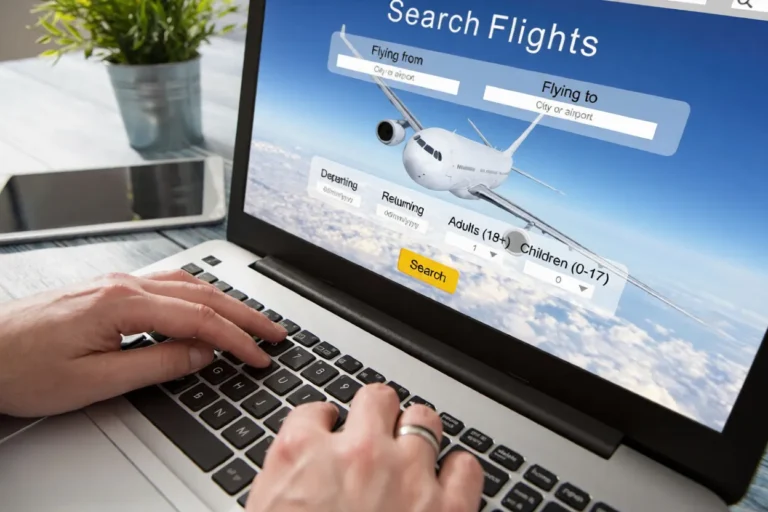
Booking a flight ought to be simple, right? You punch in your dates, pick a seat, and voilà—plane ticket in hand. But if only it were that straightforward. Instead, we swim in a sea of tips, tricks, and outright myths that claim to save us cash but often end up draining our wallets. The “book on Tuesday for the best deal” advice? Overhyped. The idea that clearing your browser cookies magically slashes prices? Mostly a myth. Then there are the “secret” hacks promising ultra-discounts if you just know where to look. Spoiler alert: most don’t actually change a damn thing.
The truth is, airlines aren’t playing a simple game of “lower price now, higher price later.” Their algorithms? Complex beasts, constantly adjusting in ways only they fully underwstand. Some popular beliefs linger because they make intuitive sense or sound like insider knowledge. But intuition, as it turns out, isn’t a reliable travel advisor.
If you’ve ever felt confused or frustrated by conflicting advice, you’re not alone. Breaking down these myths is more than just a money-saver; it’s sanity-saver territory. So let’s cut through the clutter, bust these myths wide open, and maybe—just maybe—help you book smarter next time without feeling like you need a PhD in airfare economics.
The Real Cost of Flight Booking Misinformation
Before we dive into the myths, here’s a sobering fact: the average American overpays for flights by about $200 per trip, according to recent travel industry data. Multiply that by the 2.3 billion passengers who fly annually, and we’re talking about billions in unnecessary spending.
The problem isn’t just bad advice—it’s that flight pricing has evolved dramatically over the past decade, but our booking strategies haven’t kept up.
Myth #1: “Always Book on Tuesdays at 3 PM”

Oh, this golden oldie. I’ve seen this advice repeated so many times it’s practically become travel gospel. The logic seems sound enough: airlines supposedly release their deals on Tuesday afternoons, creating a brief window of cheap fares.
Here’s the reality check: this myth comes from a 2013 study that looked at booking patterns from over a decade ago. Back then, airlines did have more predictable pricing schedules. Today? Algorithms adjust prices hundreds of times per day based on demand, competitor pricing, and about fifty other variables that make Tuesday at 3 PM completely irrelevant.
I tested this personally last year while booking flights to Tokyo. I tracked prices for the same route every Tuesday at 3 PM for six weeks. The results? Prices went up four times, down once, and stayed the same once. The best price actually appeared on a Friday morning at 11:17 AM—hardly prime “deal time.”
What Actually Works: Instead of obsessing over magical booking times, focus on flexible date searches. Most booking platforms like Google Flights and Kayak offer calendar views showing price variations across different dates. This flexibility can save you $100-300 per ticket.
Myth #2: “Clearing Your Browser Cookies Prevents Price Increases”
This myth has some serious staying power, probably because it feels so conspiracy-theory delicious. The idea is that airlines track your searches and deliberately jack up prices to pressure you into booking.
I’ll admit, I used to be a believer. I’d open incognito windows, clear my cache obsessively, even switch devices between searches. It felt like I was outsmarting the system.
The truth is more mundane and actually more frustrating: most price fluctuations you see have nothing to do with your browsing history. They’re caused by inventory changes, demand spikes, or competitor pricing adjustments happening in real-time.
That said—and this is where it gets tricky—some booking sites do use dynamic pricing based on your location, device type, or even your booking history with them. But it’s not about cookies tracking your individual searches for that specific flight.
Better Strategy: Compare prices across multiple booking platforms and the airline’s direct website. Price differences between platforms can be significant, sometimes $50-100 or more for the exact same flight.
Myth #3: “Last-Minute Deals Are Always Cheaper”

This myth probably started in the pre-internet era when airlines had unsold inventory they needed to dump quickly. Today’s revenue management systems are far too sophisticated to let that happen regularly.
I learned this lesson the hard way when I waited until five days before a friend’s wedding in Nashville, expecting to snag a deal. Instead, I paid nearly double what the flight cost two months earlier. The airline knew exactly how many business travelers and other last-minute bookers would need that route, and priced accordingly.
Modern airlines have gotten scary good at predicting demand. They’d rather fly with empty seats than discount too heavily and train customers to wait for deals.
The Sweet Spot: For domestic flights, booking 1-3 months ahead typically offers the best prices. For international flights, 2-8 months in advance is usually optimal. Though honestly, these windows keep shifting as algorithms get smarter.
Myth #4: “Budget Airlines Are Always Cheapest”
This one drives me crazy because it’s so obviously wrong once you do the math, yet people keep falling for it.
Sure, that Spirit Airlines flight from New York to Los Angeles for $89 looks tempting compared to Delta’s $340 ticket. But here’s what that Spirit ticket actually costs once you add the inevitable extras:
- Carry-on bag: $45
- Seat selection: $25
- Snacks and drinks: $20
- Checked bag (if needed): $35
Suddenly your $89 ticket costs $214, and you’re crammed into a seat that would make a sardine claustrophobic, with no customer service if things go wrong.
I’m not saying budget airlines are always bad choices—sometimes they genuinely offer the best value. But that $89 fare is rarely what you’ll actually pay.
Smart Comparison: Always calculate the total trip cost, including baggage, seat selection, and any other fees you’ll realistically need. Many flight comparison sites now show “total cost” estimates that include common extras.
Myth #5: “Booking Through Third-Party Sites Saves Money”
Third-party booking sites like Expedia, Priceline, and Booking.com have convinced us they’re always cheaper than booking direct. Sometimes they are. But often, they’re not—and the savings come with hidden costs.
Here’s what I’ve learned from years of comparison shopping: third-party sites sometimes show lower prices, but when you factor in their booking fees, the difference often evaporates. More importantly, when things go wrong (and they will), you’re stuck dealing with both the booking site and the airline, creating a customer service nightmare.
I experienced this firsthand when a flight got canceled during a snowstorm in Chicago. The airline said to contact the booking site for rebooking. The booking site said to contact the airline. I spent six hours on hold, missed my connection, and ended up paying for an extra hotel night.
The Smarter Approach: Use third-party sites for research and comparison, but book directly with the airline whenever the price difference is less than $50-100. You’ll get better customer service, easier changes and cancellations, and often earn more frequent flyer miles.
What Actually Saves Money on Flights
Now that we’ve demolished these myths, let’s talk about strategies that actually work:
1. Be Genuinely Flexible with Dates and Destinations
Not just “I can leave on Tuesday instead of Wednesday” flexible, but “I want to go somewhere warm in March” flexible. Skyscanner’s “Everywhere” search function and Google Flights’ map view can reveal amazing deals to places you hadn’t considered.
2. Understand Route Economics
Direct flights aren’t always more expensive. Sometimes airlines price connecting flights higher because they’re more convenient for business travelers. Also, consider nearby airports—flying into Oakland instead of San Francisco, or Midway instead of O’Hare, can save significant money.
3. Book One-Way Tickets Separately
This sounds counterintuitive, but mixing airlines for your outbound and return flights can sometimes save money, especially on international routes.
4. Use Airline Miles Strategically
Don’t just hoard miles hoping for a free ticket someday. Sometimes using miles for upgrades or partial payment creates better value than paying cash.
The Tools That Actually Work
Here are the flight search tools and booking platforms that have consistently saved me money:
Best Flight Search Engines:
- Google Flights: Best overall search functionality and price tracking
- Kayak: Excellent for complex multi-city trips
- Skyscanner: Great for international flights and flexible destination searches
- Momondo: Often finds deals others miss
- Scott’s Cheap Flights (Going): Email alerts for mistake fares and genuine deals
Booking Platforms Worth Using:
- Expedia: Reliable for package deals (flight + hotel)
- Priceline: Good for last-minute hotel bookings to pair with flights
- Airline direct websites: Always check these for the final booking
Specialized Tools:
- Award Hacker: Find the best ways to use airline miles
- Seat Guru: Check aircraft seat maps before selecting
- Flight Connections: Visualize route options from any airport
When to Actually Book Your Flight
Despite all the myths, there are some legitimate patterns in flight pricing:
For Domestic U.S. Flights:
- Book 1-3 months ahead for best prices
- Avoid booking more than 6 months out (prices often haven’t stabilized)
- Tuesday/Wednesday departures are usually cheapest
- Avoid Friday/Sunday departures when possible
For International Flights:
- Book 2-8 months ahead, depending on destination
- Consider shoulder seasons (late spring, early fall)
- Factor in visa processing time and required documentation
For Holiday Travel:
- Book as early as possible, ideally 3-6 months ahead
- Consider traveling on the actual holiday rather than the days before/after
- Be prepared to pay premium prices no matter when you book
My Personal Flight Booking System
After years of trial and error (and overpaying for more flights than I care to admit), here’s my current approach:
- Set price alerts on Google Flights for routes I’m interested in, even if I’m not ready to book
- Check prices regularly but don’t obsess—once or twice a week max
- Compare total costs across airlines, including baggage and other fees
- Book directly with airlines unless third-party savings exceed $100
- Consider alternative airports within reasonable driving/transit distance
- Stay flexible on exact dates when possible
This system isn’t perfect, but it’s saved me thousands over the years compared to my old myth-following approach.
Questions and Answers About Flight Booking
Is it really cheaper to book flights on Tuesday? Answer: No, this is one of the most persistent flight booking myths. While this advice might have been relevant over a decade ago, modern airline pricing algorithms adjust fares hundreds of times daily based on demand, competitor pricing, and inventory levels. The day of the week you book has minimal impact on ticket prices.
Should I clear my cookies before booking flights? Answer: Clearing cookies rarely affects flight prices in the way most people think. While some booking sites may use dynamic pricing based on your location or device, the common belief that airlines track your individual searches to raise prices is largely unfounded. Price fluctuations are typically due to real-time inventory and demand changes.
When is the best time to book cheap flights? Answer: For domestic U.S. flights, booking 1-3 months in advance typically offers the best prices. For international flights, 2-8 months ahead is usually optimal. However, these windows can vary significantly based on destination, season, and current demand patterns.
Are budget airlines always the cheapest option? Answer: Not necessarily. While budget airlines advertise low base fares, additional fees for carry-on bags, seat selection, snacks, and other services can quickly add up. Always calculate the total trip cost including likely extras before assuming a budget carrier is cheaper.
Do last-minute flight deals still exist? Answer: True last-minute deals are much rarer than they used to be. Modern revenue management systems are sophisticated enough to predict demand accurately, so airlines rarely need to dump inventory at steep discounts. Waiting for last-minute deals usually results in paying higher prices.
Is it better to book directly with airlines or use third-party sites? Answer: Unless third-party savings exceed $50-100, booking directly with airlines is usually better. You’ll receive superior customer service, easier changes and cancellations, better frequent flyer mile earning rates, and avoid potential complications when issues arise.
Can changing airports save money on flights? Answer: Yes, considering alternative airports can result in significant savings. Flying into secondary airports like Oakland instead of San Francisco or Midway instead of O’Hare can sometimes save $100-300 per ticket, especially if you factor in the total travel cost.
Do flight prices go up if I search multiple times? Answer: Generally no, but there are exceptions. Most price increases you notice between searches are due to inventory changes or demand fluctuations, not tracking your browsing behavior. However, some booking platforms may use location-based or device-based pricing that can create variations.
Should I book round-trip or one-way tickets? Answer: It depends on the route and airlines involved. For domestic flights, round-trip tickets are usually cheaper. For international flights, especially when mixing different airlines, booking separate one-way tickets can sometimes provide better value and flexibility.
How far in advance should I book holiday flights? Answer: Holiday flights should be booked as early as possible, ideally 3-6 months in advance. Prices for popular holiday travel dates rarely decrease as the departure date approaches, and waiting typically results in significantly higher fares and limited availability.
What’s the best day of the week to fly for cheapest fares? Answer: Tuesday and Wednesday departures are typically the cheapest for domestic flights, while Friday and Sunday are usually the most expensive. However, this pattern isn’t universal and can vary significantly based on route, season, and specific demand patterns.
Are mistake fares worth pursuing? Answer: Mistake fares can offer incredible savings, but they come with risks. Airlines sometimes honor these fares, but they’re also legally allowed to cancel bookings made at clearly erroneous prices. Only pursue mistake fares if you can afford to lose the ticket or have flexible travel plans.







Ride stress-free with Handicap Taxi Near Houston. Our Wheelchair & Handicap Transportation ensures professional drivers and accessible vehicles. Choose Wheelchair Accessible Taxi Houston, Wheelchair Taxi Houston, or Wheelchair Transportation Houston for safe, reliable, and convenient travel anywhere in Houston city.
yeah bookmaking this wasn’t a risky determination great post! .